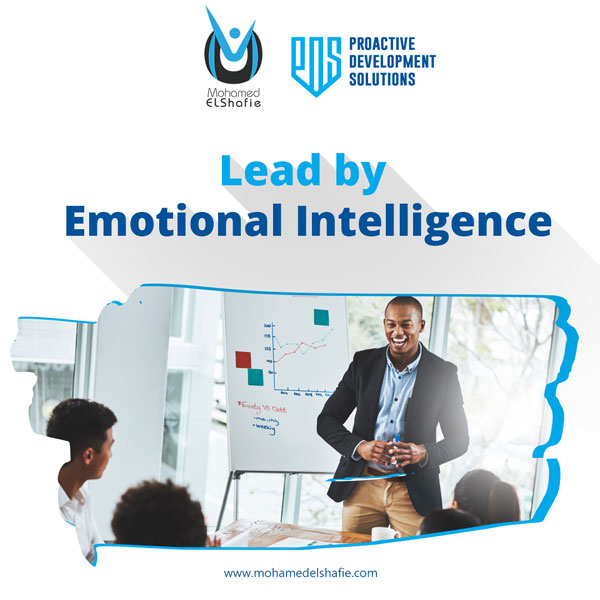1. Overview
An organization is only as strong as its leaders. Emotional Intelligence (EI) has become a fundamental skill for today’s managers, enabling them to effectively lead teams, handle pressure, resolve conflicts, and build a positive, high-performing work environment.
This program is specifically designed to empower managers with emotional awareness and regulation skills to better understand their own emotions and those of their teams. It enhances communication, leadership impact, and workplace culture.
Recent global research confirms that Emotional Intelligence (EI) is a fundamental skill for effective leadership. High levels of EI are consistently linked to better decision-making, stronger team cohesion, and improved organizational outcomes.
A study by Korn Ferry (2023) found that emotionally intelligent leaders outperformed peers by 80% in areas such as team motivation, conflict resolution, and effective communication. The World Economic Forum (2023) ranked EI among the top 10 essential leadership skills required through 2027. According to TalentSmartEQ (2022), 90% of top-performing leaders demonstrated high emotional intelligence, compared to only 20% among low performers.
These findings highlight the strategic importance of implementing training programs focused on developing managers’ emotional intelligence to ensure sustainable growth and cultural transformation in the workplace.
2. Learning Objectives
By the end of this training program, managers will be able to:
-
Define emotional intelligence and its importance in leadership and team management
-
Describe the five core components of EI and how they support effective management
-
Analyze the impact of EI on team dynamics and organizational success
-
Explain how EI enhances a manager’s ability to lead, communicate, and inspire
-
Summarize the benefits of EI in conflict resolution, trust building, and team productivity
-
Practice techniques to improve communication, solve interpersonal issues, and create a healthier work environment
3. Program Modules
The program consists of six integrated modules focused on both personal and interpersonal development:
Module 1: Introduction to Emotional Intelligence
-
What is EI?
-
EI vs. Cognitive Intelligence
-
Why EI matters for managers
Module 2: The Five Components of EI
-
Self-Awareness
-
Self-Regulation
-
Motivation
-
Empathy
-
Social Skills
Module 3: The Manager as an Emotionally Intelligent Leader
-
Recognizing emotions in others
-
Responding appropriately in complex situations
-
Building meaningful workplace relationships
Module 4: The Manager as a Coach
-
Providing constructive feedback
-
Motivating and guiding team members
-
Creating a healthy and positive culture
Module 5: Applying EI in Daily Practice
-
Conflict management
-
Managing emotional pressure
-
Strengthening team trust
Module 6: Personal Development Plan
-
Identifying personal areas for growth
-
Continuing to develop EI skills beyond the training
4. Training Methodology
To ensure an impactful learning experience, the program includes:
-
Pre- and post-training EI assessments
-
Real-life case studies and scenarios
-
Role plays and simulation exercises
-
Group discussions and collaborative learning
-
Individual reflection activities
-
Pre- and post-training knowledge tests
5. Implementation Roadmap
Phase 1: Preparation
-
Distribute pre-assessment and set up logistics
-
Create communication channels (e.g., WhatsApp group)
Phase 2: Launch
-
Conduct training sessions and group activities
-
Ensure adherence to quality and engagement standards
Phase 3: Monitoring and Evaluation
-
Observe participant engagement and skill development
-
Use in-session evaluation tools to gather insights
Phase 4: Closure and Final Report
-
Conduct post-training assessments
-
Submit final report including findings and recommendations
-
Issue certificates of completion
